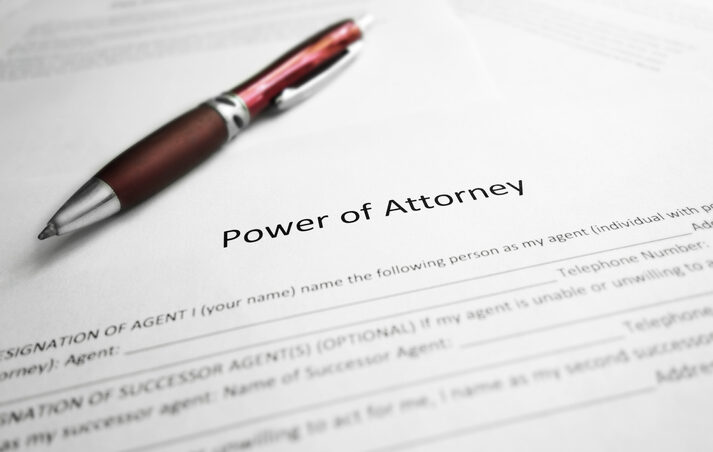
Proactive Legal Strategies for Cognitive Decline
Legal tools like power of attorney and healthcare directives are essential in forming a proactive legal strategy for cognitive decline.
Our Estate Planning Blog

Legal tools like power of attorney and healthcare directives are essential in forming a proactive legal strategy for cognitive decline.

Carefully structuring an inheritance can safeguard a child with addiction from financial harm, while providing the support they need to recover.

Are you worried about what might happen to your accounts and investments if you become disabled or incapacitated?
The difference between power of attorney and guardianship is a common question asked by adult children. Both roles share a duty to provide care and oversight of medical care and health.
Medicare is designed to help pay for healthcare costs for seniors once they turn 65. While it covers a number of healthcare expenses, it doesn’t apply to costs associated with long-term care in a nursing home.
When an individual cannot make important decisions for himself or herself, a judge appoints someone called the conservator or guardian to make decisions. The conservator has the legal backing of the court in all decisions, including finances, medical and personal care.
Here’s a closer look at the seven biggest changes to Social Security in 2021
As a result of illness, old age or incapacity, what may happen when you can no longer handle your own decision-making, handle your own money or make your own health care choices? Who can step in to help and how are they empowered?
According to the American Association of Retired Persons (AARP), roughly 50% of those aged 65 will need long-term care (LTC) one day. Long-term care insurance covers things not normally covered by regular medical insurance. This includes nursing home, assisted living or home care for those who need it, due to chronic conditions like dementia or other disabilities.

As part of your financial and estate planning, you should make arrangements for your care, in case you become incapacitated.